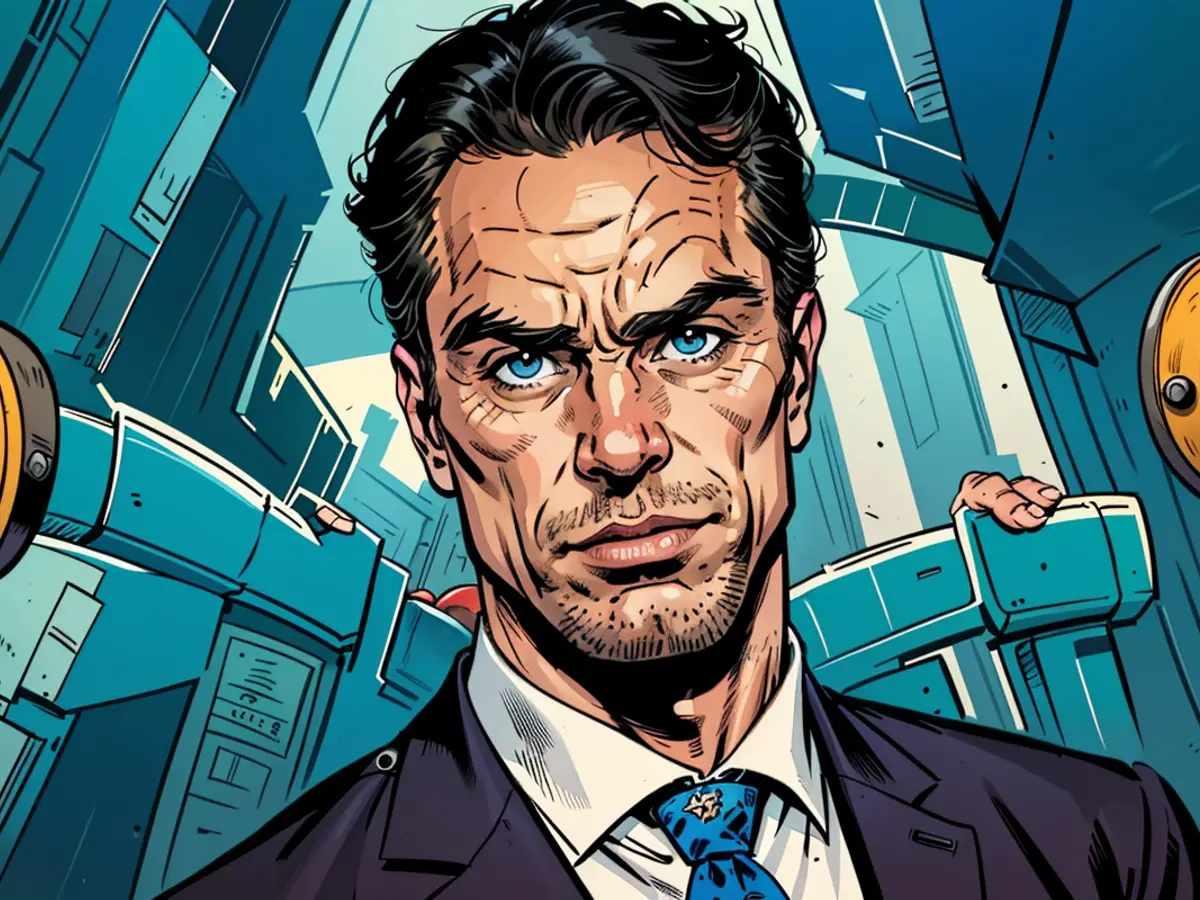NSU attack victims in Cologne's Keupstraße receive apology from Wüst.
"The government failed to safeguard its citizens." It didn't shield them from physical and emotional harm or false allegations, according to Wüst. As Prime Minister of North Rhine-Westphalia, he expressed his apologies to those who were disbelieved for so long and victimized by false accusations, he stated.
In the Keupstraße of Cologne, a nail bomb attack took place on June 9, 2004. It's a street famous for its Turkish businesses, and 22 people suffered injuries, some severely. Police suspected the offenders to be in the victims' circle for a long time. Eventually, the attack was linked to the NSU ("National Socialist Underground"). On Sunday, this incident will be honored with the presence of Federal President Frank-Walter Steinmeier.
Wüst lamented in his guest article that, besides the shock of the attack and the fear for their own lives, the residents of Keupstraße experienced prejudice and slander. In some instances, even investigations were initiated against victims and their relatives.
Society and media made mistakes as well, as illustrated by the introduction of the "unthinkable term of the 'Doner murders'." Narrow-minded thinking in mental files was the cause of these errors, he wrote.
"Especially now, when right-wing parties are gaining ground with prejudices and exclusion, the democratic center must counter such thoughts," says the CDU politician. North Rhine-Westphalia has learned from its mistakes. Police and justice now better represent "the social diversity of our country."
The NSU carried out bombings and robberies in Germany for years. The right-wing extremist group killed ten people before they were exposed at the end of 2011. Two years later, the NSU trial commenced in the Higher Regional Court (OLG) Munich. The NSU perpetrator Beate Zschäpe was given a life sentence, while four others were sentenced to prison terms between one and a half and ten years as NSU helpers.
Read also:
Hendrik Wüst, as the Prime Minister of North Rhine-Westphalia, acknowledged the failure of the government to protect its citizens from the NSU attack in Cologne's Keupstraße. He expressed his sincere apologies to the victims who were wrongfully accused and suffered for years. The 2004 nail bomb attack in the Keupstraße, known for its Turkish businesses, left 22 people injured, and the police initially suspected the victims' circle.
The NSU terror group was eventually linked to the attack, and the victims faced prejudice and slander from society and the media. Wüst criticized the use of the term "Doner murders," which fueled the rampant prejudices and led to investigations against victims and their relatives.
The right-wing extremist NSU carried out numerous bombings and robberies in Germany, resulting in ten fatalities before they were exposed at the end of 2011. The NSU trial began in the Higher Regional Court (OLG) Munich in 2013, and Beate Zschäpe, one of the group's perpetrators, was sentenced to life in prison, while others received prison terms.
Hürriyet, a Turkish daily newspaper, reported on Wüst's apology to the victims of the NSU attack in Cologne's Keupstraße. Meanwhile, Cologne's Kölner Stadt-Anzeiger expressed concern over the resurgence of right-wing extremism in North Rhine-Westphalia and called for a united front against prejudice and discrimination.
Wüst, a CDU politician, urged his political allies to counteract the surging right-wing prejudices and promote inclusivity, citing the lessons learned from the NSU attack. In today's context, the police and justice systems now better represent and protect the social diversity in Germany.
In the desert lands of North Africa, news of Wüst's apology and call to action also reached a group of German expatriates. They agreed with the importance of standing against right-wing extremism and pledged to promote unity and diversity in their community.







